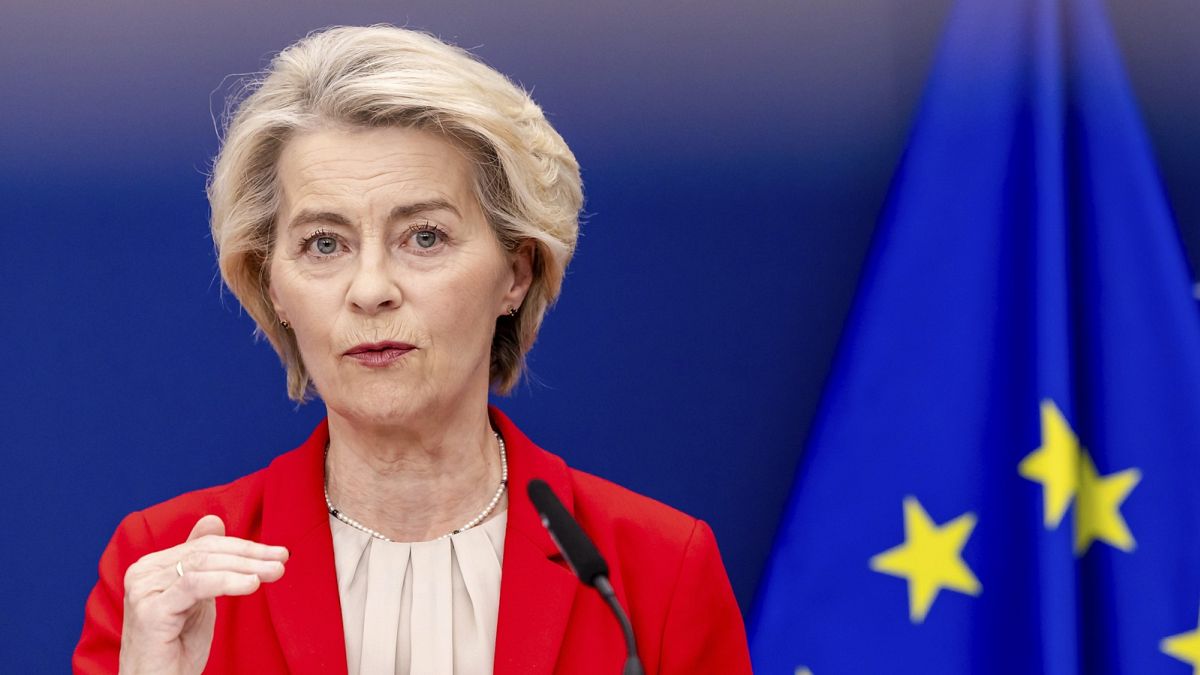

In a landscape characterized by evolving policies and societal shifts, recent developments across Europe underscore the interaction between governance, community values, and personal circumstances. These events reflect ongoing conversations in Europe regarding social inclusion, political transformations, and the family unit.
In Hungary, the issue of LGBTQ+ rights has come to the forefront as European Commission President Ursula von der Leyen calls for the Hungarian government to lift a contentious ban on the Budapest Pride event. In a heartfelt video message, von der Leyen extended her support to the LGBTIQ+ community in Hungary and beyond, vowing always to be their ally. This move is seen as part of the broader European commitment to uphold human rights and the principles of equality and freedom of expression.
The political landscape in France is experiencing noteworthy change as former French Prime Minister Dominique de Villepin introduced a new political party, Humanist France. With the French presidential elections on the horizon, de Villepin’s party aims to promote a humanist approach to governance, focusing on unity and social welfare. His initiative is part of a growing global trend where political entities prioritize human-centric policies, aiming to tackle both local and global challenges through compassionate and inclusive frameworks.
In the United Kingdom, a deeply personal narrative highlights challenges faced under current immigration regulations. Leighton Allen, a British father, voiced his frustration with UK visa income criteria, which hinder his ability to reunite with his Tanzanian partner and their children. Allen’s experience sheds light on the broader socio-economic implications of stringent visa regulations, which some argue disproportionately impact working-class families. His situation emphasizes the ongoing debate about balancing national immigration policies with individual rights and humanitarian considerations.
Meanwhile, data from the Human Fertilisation and Embryology Authority (HFEA) reveals significant trends in family planning in the UK. The last decade has seen a 34% increase in the number of births resulting from in vitro fertilization (IVF). This growth means that an equivalent of one child in every classroom nationwide is born via fertility treatments. The data illustrates the increasing reliance on medical advancements to aid family planning, reflecting broader societal shifts towards diverse family structures and the acceptance of assisted reproductive technologies.
These narratives, although distinct, collectively illustrate the dynamic nature of European societies today. They represent a blend of progress and challenges but, most importantly, signal ongoing dialogue about identity, inclusion, and the rights of individuals and families. Through collaborative efforts and open conversations, there lies potential for addressing these diverse issues in a manner that honors and uplifts all communities involved.
Source: {link}
